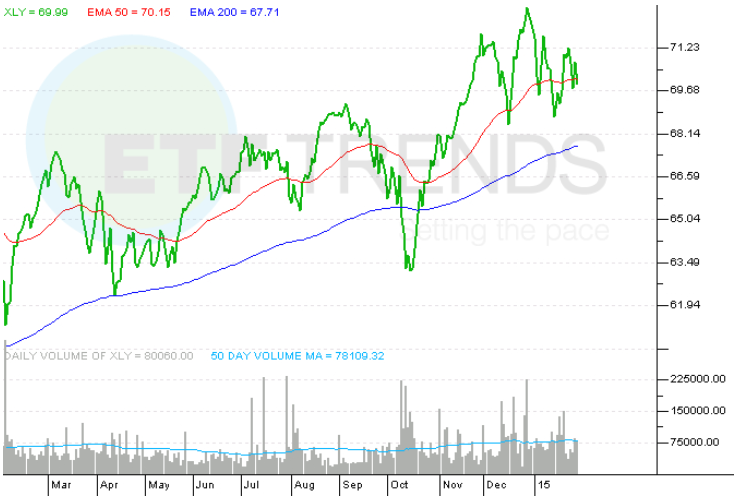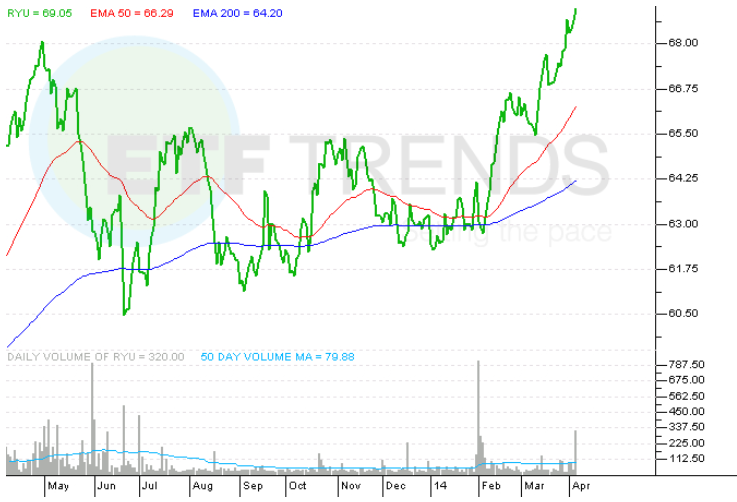China Internet ETF Tries to Stave off Alibaba Slump
Post on: 2 Апрель, 2015 No Comment

Current Affairs News:
One of the most notable performances, and for all the wrong reasons, among Internet stocks this year comes courtesy of Chinese e-commerce giant Alibaba (NYSE: BABA). Shares of the once high-flying stock are down more than 21%, enough to put Jack Ma’s company into a bear market.
Alibaba, a company previously compared to Amazon (NasdaqGS: AMZN) and eBay (NasdaqGS: EBAY), among other U.S. Internet luminaries, has dampened investors’ views of Chinese Internet stocks and the corresponding exchange traded views. However, the fundamental case for Internet investing in China, the world’s largest Internet market, remains in tact.
China internet companies continue to deliver outstanding earnings driven by increases in China’s overall internet user base, new client acquisition, and increased market share of total retail consumer spending, said KraneShares, the issuer of the KraneShares CSI China Internet Fund (NasdaqGM: KWEB ). in a new research note .
KWEB, the lone U.S.-listed ETF devoted exclusively to Chinese Internet stocks, was one of the first ETFs to add Alibaba following the company’s September 2014 initial public offering. Alibaba entered KWEB in early October as the ETF’s largest holding with a weight of 11.3%. That weight has since been pared to 8.2%, making Alibaba KWEB’s third-largest holding.[Another Alibaba ETF]
KWEB is off 2.6%, but not all of its holdings have tracked Alibaba lower. In fact, there are signs the ETF could turn positive for the year even without much help from Alibaba. For example, Vipshop Holdings (NYSE: VIPS) and JD.com (NasdaqGS: JD) are up 36.5% and 21.9%, respectively, this year. Those stocks combine for nearly 14% KWEB’s weight. [BATman for This ETF]
Investors in the U.S. are quick to make comparisons between Alibaba and Amazon. In reality, JD resembles Amazon more closely than Alibaba because the company owns its logistics, warehouses, and delivery network for goods purchased on its e-commerce platform. They use this advantage for quicker and more reliable delivery times. JD’s streamlined logistics and partnership with Tencent is gaining the company market share in the mainland China e-commerce space, said KraneShares.

JD is now a bigger holding in KWEB than Alibaba with only Tencent receiving a larger weight in the ETF than JD.
KraneShares also cites MSCI’s decision to include Alibaba and Baidu (NasdaqGS: BIDU) in some of its widely followed international benchmarks as a catalyst that could lift Chinese Internet stocks this year.
In January, MSCI said it will allow some companies with primary stock market listings outside of their home domiciles into the firm’s equity indexes, paving the way for Alibaba and Baidu to join some-well know international indexes. Prior to Alibaba’s IPO, MSCI said the company would not be eligible to join MSCI indexes because of the company’s decision to primarily list in New York while incorporating in the Cayman Islands. [MSCI to Add Alibaba, Baidu to Global Indexes]
MSCI’s inclusion process will not start until November and work in two stages lasting until February 2016, according to KraneShares.
KraneShares CSI China Internet Fund














